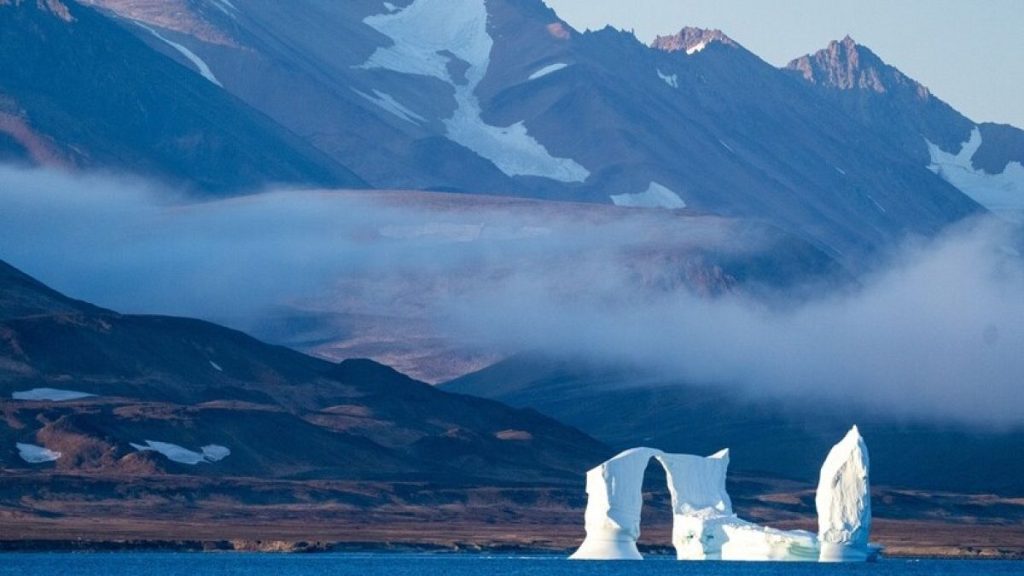The escalating geopolitical tensions surrounding Greenland, an autonomous Arctic territory within the Kingdom of Denmark, have been thrust into the international spotlight following renewed pronouncements by former US President Donald Trump regarding his interest in acquiring the island. Trump’s reiterated desire to purchase Greenland, ostensibly for reasons of national security and global freedom, has prompted a swift and decisive response from the Danish government, which has pledged a significant investment in bolstering Greenland’s defense capabilities. This development underscores the growing strategic importance of the Arctic region, the potential for heightened international competition over its resources, and the delicate balance between self-determination and geopolitical realities.
Trump’s remarks, delivered through his social media platform Truth Social, have been met with firm resistance from Greenland’s Prime Minister, Mute Egede, who unequivocally stated that Greenland is not for sale and will never be. Egede’s assertion reflects the strong sentiment of self-determination within Greenland, a sentiment rooted in a long history of striving for autonomy. While Greenland enjoys a substantial degree of self-governance, it maintains a complex relationship with Denmark, remaining part of the Danish Realm. This historical and political context adds layers of complexity to the discussion of Greenland’s future and its role in the evolving Arctic landscape.
The Danish government’s commitment to strengthen Greenland’s defense, announced by Defence Minister Troels Lund Poulsen, signifies a proactive approach to safeguarding the territory’s security in the face of potential external pressures. The pledged investment, a “double-digit billion amount in Danish krone,” represents a substantial commitment to enhancing Greenland’s defense infrastructure and capabilities, although specific details regarding the allocation of funds and the nature of the upgrades remain undisclosed. This commitment reflects Denmark’s responsibility for Greenland’s defense and foreign policy, a responsibility derived from the unique relationship between the two entities.
The international interest in Greenland, particularly from the United States, stems from the island’s strategic location and the growing accessibility of its resources due to melting Arctic ice. Greenland’s vast mineral reserves, including rare earth elements critical for modern technologies, and its potential as a shipping route through the Arctic Ocean, contribute to its increasing geopolitical significance. This strategic value has placed Greenland at the center of a delicate balancing act between asserting its own autonomy, maintaining its relationship with Denmark, and navigating the interests of global powers.
The renewed focus on Greenland’s defense capabilities also highlights the broader context of increasing militarization and competition within the Arctic region. As climate change reduces Arctic ice coverage, access to the region’s resources becomes easier, intensifying competition among nations with Arctic interests. This increased activity has prompted concerns about potential conflicts and the need for enhanced security measures within the Arctic, underscoring the need for international cooperation and adherence to established international laws and norms.
Greenland’s unique position, a self-governing territory within the Danish Realm, with a growing sense of self-determination, coupled with its strategic importance in the Arctic, places it at the intersection of complex geopolitical forces. The interplay between Greenland’s desire for autonomy, Denmark’s responsibility for its defense, and the interests of external powers like the United States, creates a delicate and evolving dynamic. The Danish government’s commitment to bolster Greenland’s defense capabilities underscores the recognition of these complex realities and the need to ensure the territory’s security and stability in an increasingly contested Arctic environment. As the Arctic continues to transform, Greenland will undoubtedly remain a focal point of international attention and a key player in shaping the future of the region.














